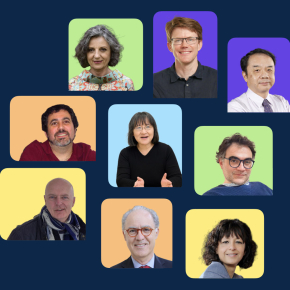Nine new Fellow-Ambassadors at the CNRS
The CNRS 'Fellow-Ambassadors' programme has welcomed nine new prestigious figures from world research to serve the scientific community and help raise the organisation's profile.
With the arrival of this new cohort, the CNRS ‘Fellow-Ambassadors’ programme is now well and truly up and running. This scheme was set up in 2023 in the academic tradition of eminent visiting professors and enables leading world research figures to represent the CNRS and thus galvanise French research.
These prestigious researchers were invited on the recommendation of the ten CNRS Institutes and have committed to spending at least one month per year for three years in one or more laboratories in France. They will particularly be able to more spontaneously take on a mentoring role for young scientists and PhD students who may not have had the opportunity to meet these scientists at conferences.
Among this year's intake is the researcher Emmanuelle Charpentier who revolutionised the field of genetic engineering with her invention of the CRISPR/Cas9 technique for which she was awarded the 2020 Nobel Prize in Chemistry. Or Denmark's Soeren Fournais, a specialist in the mathematical aspects of quantum mechanics, and Roger Reed from Oxford University, a world-renowned expert in the metallurgy and mechanical engineering of high-temperature alloys. Sandra Díaz is an internationally renowned ecologist whose work focuses on the ecology of plant communities. Three renowned American researchers are involved – Miroslav Krstic, an outstanding automatician who is currently Senior Associate Vice Chancellor for Research at the University of California, San Diego (UCSD); Mark E. Tuckerman, Professor of Chemistry and Mathematics at New York University; and Vincenzo Vitelli, from the University of Chicago, whose work focuses on statistical physics, soft matter and active matter. Finally, the intake is completed by Yukari Takamura, a professor at the University of Tokyo's Institute for Future Initiatives who is well accustomed to prizes and honours and works in the field of international environmental law, and the particle physicist Yifang Wang, considered to be one of China's top ten scientists.
"The top-level scientists that the CNRS has successfully attracted with this initiative clearly demonstrate the organisation's reputation and attractiveness at the international level", says Alain Schuhl, the CNRS's Deputy CEO for Science. "We hope our French communities will fully benefit from this opportunity to develop strong, long-term links with them to help structure their research".
As of this year and moving forward, the CNRS will have an annual access to around thirty internationally renowned researchers to benefit its scientific community and enhance its influence.
The Fellow-Ambassadors for 2025-2027:
Emmanuelle Charpentier, biochemistry, Germany
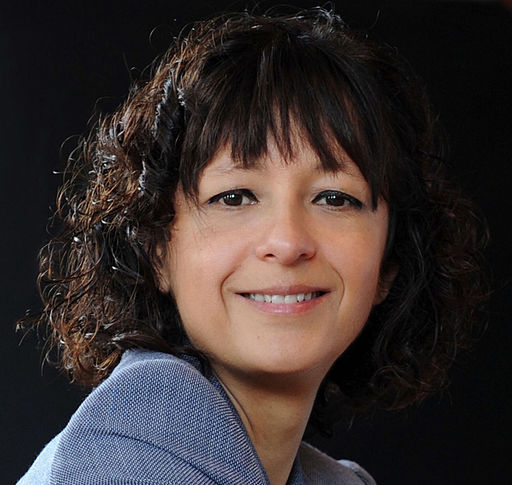
Emmanuelle Charpentier studies the molecular mechanisms that govern the regulation of gene expression by microbial RNA along with the molecular basis of infectious processes. Her research also focuses on the molecular strategies implemented by bacteria to counter the invasion of pathogens. Ms Charpentier's fundamental work on the identification and detailed characterisation of the CRISPR/Cas9 bacterial immune system has earned her international recognition. She also worked in collaboration with the American biochemist Jennifer Doudna to develop the CRISPR/Cas9 genome editing technology, a major step forward in the field of genetic engineering for therapeutic purposes. Her discoveries have been recognised by many prestigious awards including the Nobel Prize in Chemistry in 2020. She has also directed the Max Planck Research Center for Pathogen Science in Germany since 2018.
Sandra Díaz, ecology, Argentina
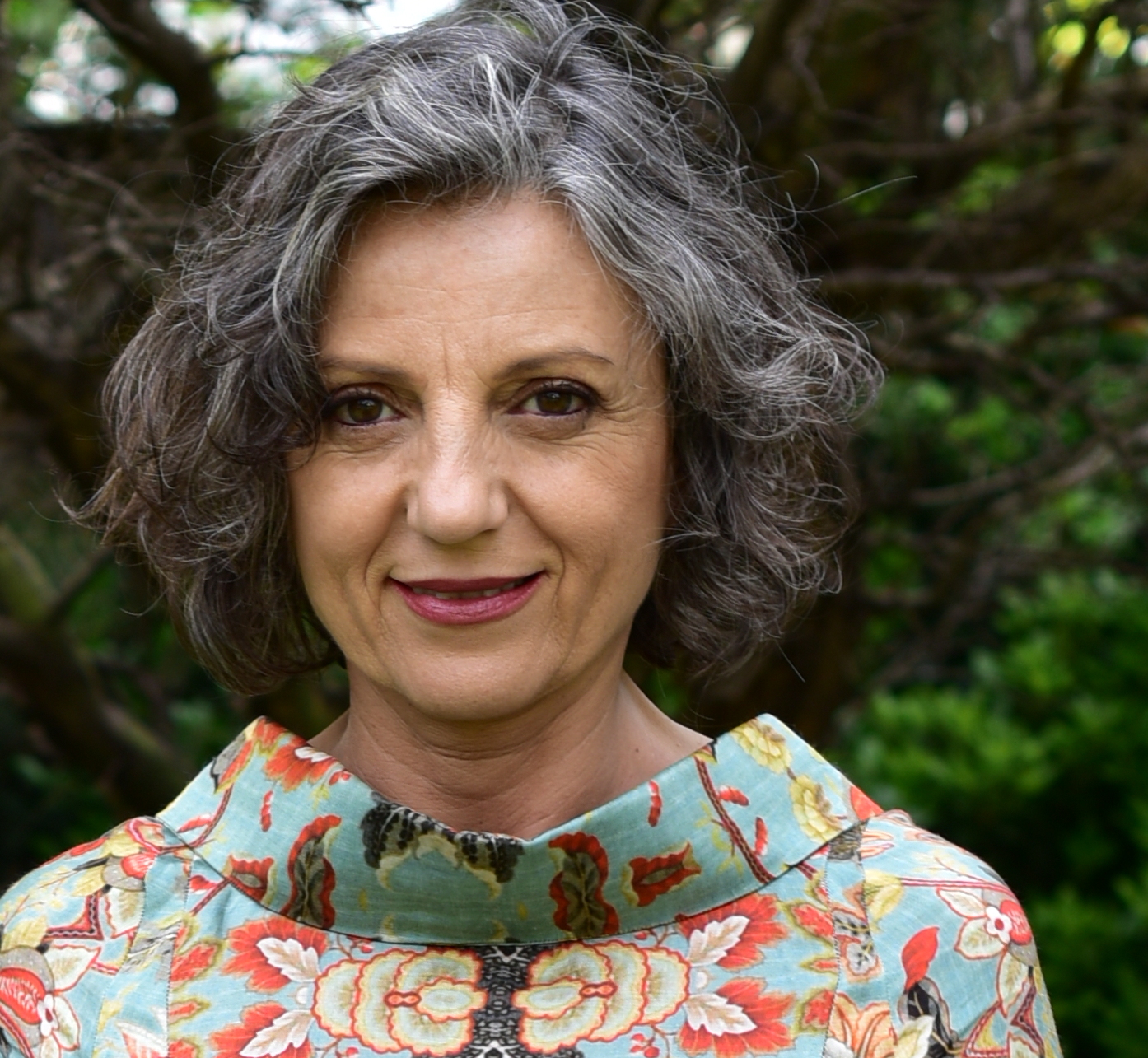
A professor at the Universidad Nacional de Córdoba in Argentina, Sandra Díaz is an internationally renowned ecologist. A specialist in plant community ecology, she studies the links between the diversity of plant functions, ecosystems, and the benefits provided by nature. Her interdisciplinary work integrates both the life sciences and the societal dimensions of the relationship between humans and nature. Sandra Díaz is also a senior principal investigator at the National Council for Scientific and Technical Research (CONICET) in Argentina. She was a co-chair of the Global Assessment on Biodiversity and Ecosystem Services and a member of the Multidisciplinary Panel of Experts of the Intergovernmental Science-Policy Platform on Biodiversity and Ecosystem Services (IPBES). She regularly collaborates with CNRS scientists, particularly in Montpellier (such as Eric Garnier and Cyrille Violle) and Grenoble (such as Sandra Lavorel, who is the 2023 CNRS Gold Medal laureate). Nature magazine named her one of the "10 people who mattered to science" in 2019, and in 2025 she was the first winner of the Tyler Prize for Environmental Achievement with a South American nationality and affiliation. Sandra Díaz was also part of the international committee set up under the responsibility of HCERES, which evaluated the CNRS at the end of 2023.
Soeren Fournais, mathematics, Denmark
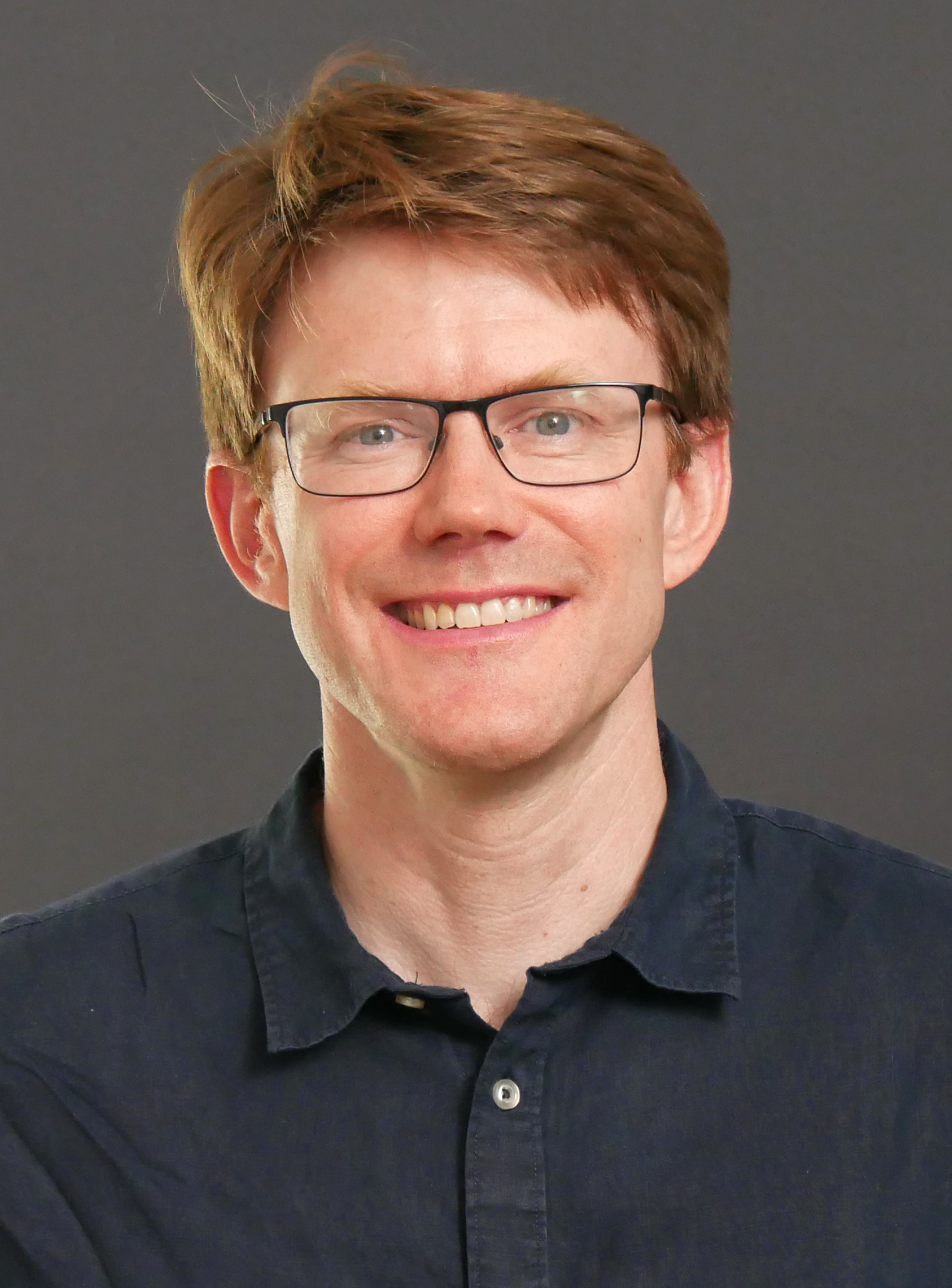
Soeren Fournais is a specialist in the mathematical aspects of quantum mechanics and a professor at the University of Copenhagen's Department of Mathematical Sciences. Between 2003 and 2006, he was a CNRS researcher and since 2014 has also been a member of the Royal Danish Academy of Sciences and Letters. Since 2023, he has led the MathBEC project which was awarded an ERC Advanced Grant for a five-year period. The project focuses on Bose-Einstein condensation, a phenomenon that occurs at extremely low temperatures and causes a large number of atoms to place themselves in the same fundamental quantum state of the lowest energy. This causes a 'condensate' to form – a 'fifth' state of matter that is neither liquid, gaseous, solid nor a plasma. The objective of the ERC project is to use mathematical equations to rigorously describe the formation of this condensation in a system consisting of a large number of interacting quantum particles.
Miroslav Krstic, automation, United States
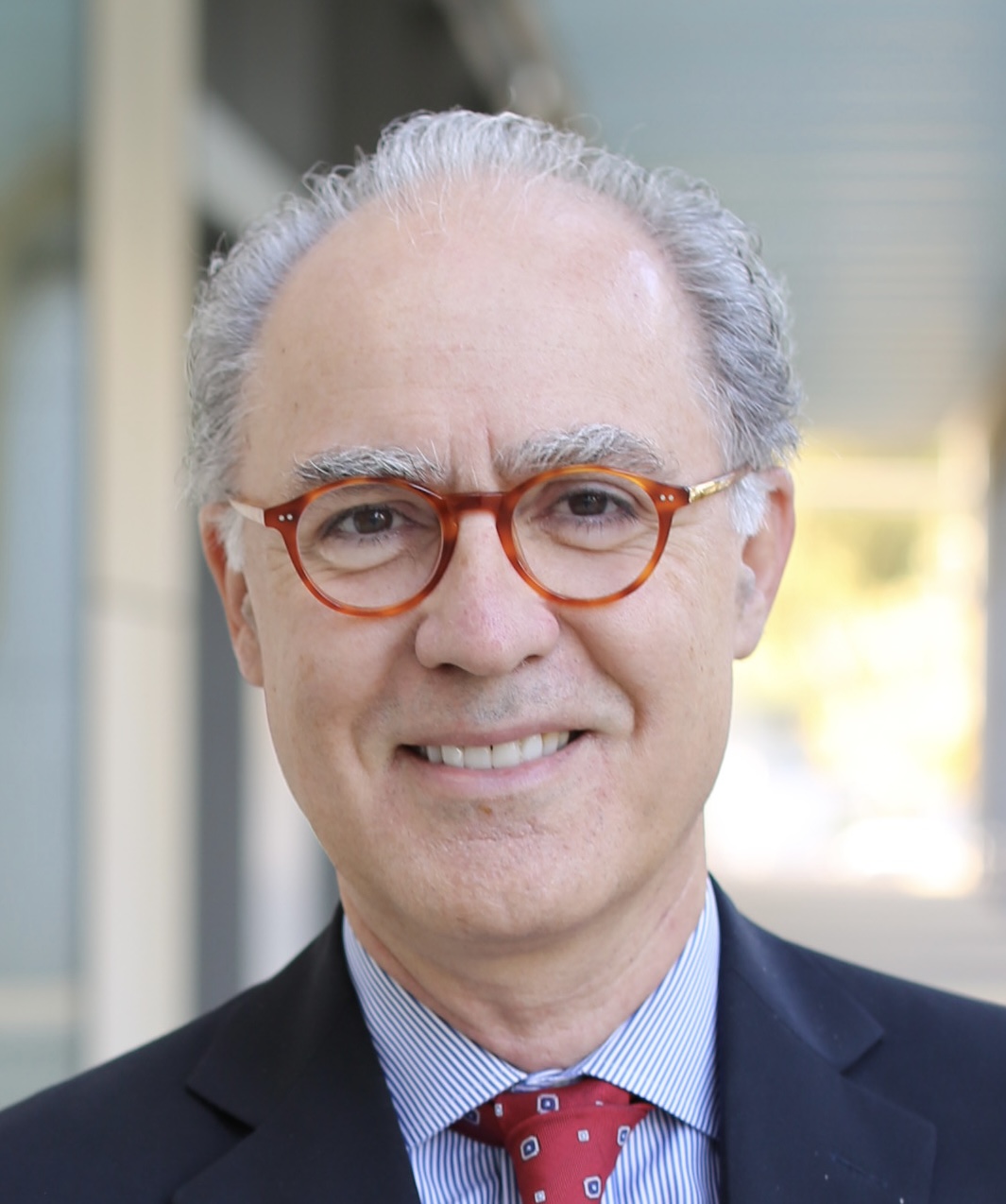
Mirsolav Krstic is an automation engineer who specialises in nonlinear systems – systems in which small changes to the initial conditions can lead to drastically different results – and the partial differential equations that represent them. His work in such areas has received significant international recognition through awards including the Bode Lecture Prize – the highest award from the IEEE Control Systems Society – in 2023, and the 2021 Richard E. Bellman Control Heritage Award which is the most important award for automation in the United States. He has also made notable contributions to so-called 'extremum-seeking' approaches that aim to identify the optimal operating point for nonlinear systems whose optimal state varies. An example of this is the optimal energy storage point on solar panels that function differently according to the sunlight, clouds crossing the sky and so on. His book Nonlinear and Adaptive Control Design is now a reference textbook for all young automation researchers. Mirsolav Krstic is currently Senior Associate Vice Chancellor for Research at the University of California in San Diego (UCSD).
Roger Reed, materials science, United Kingdom
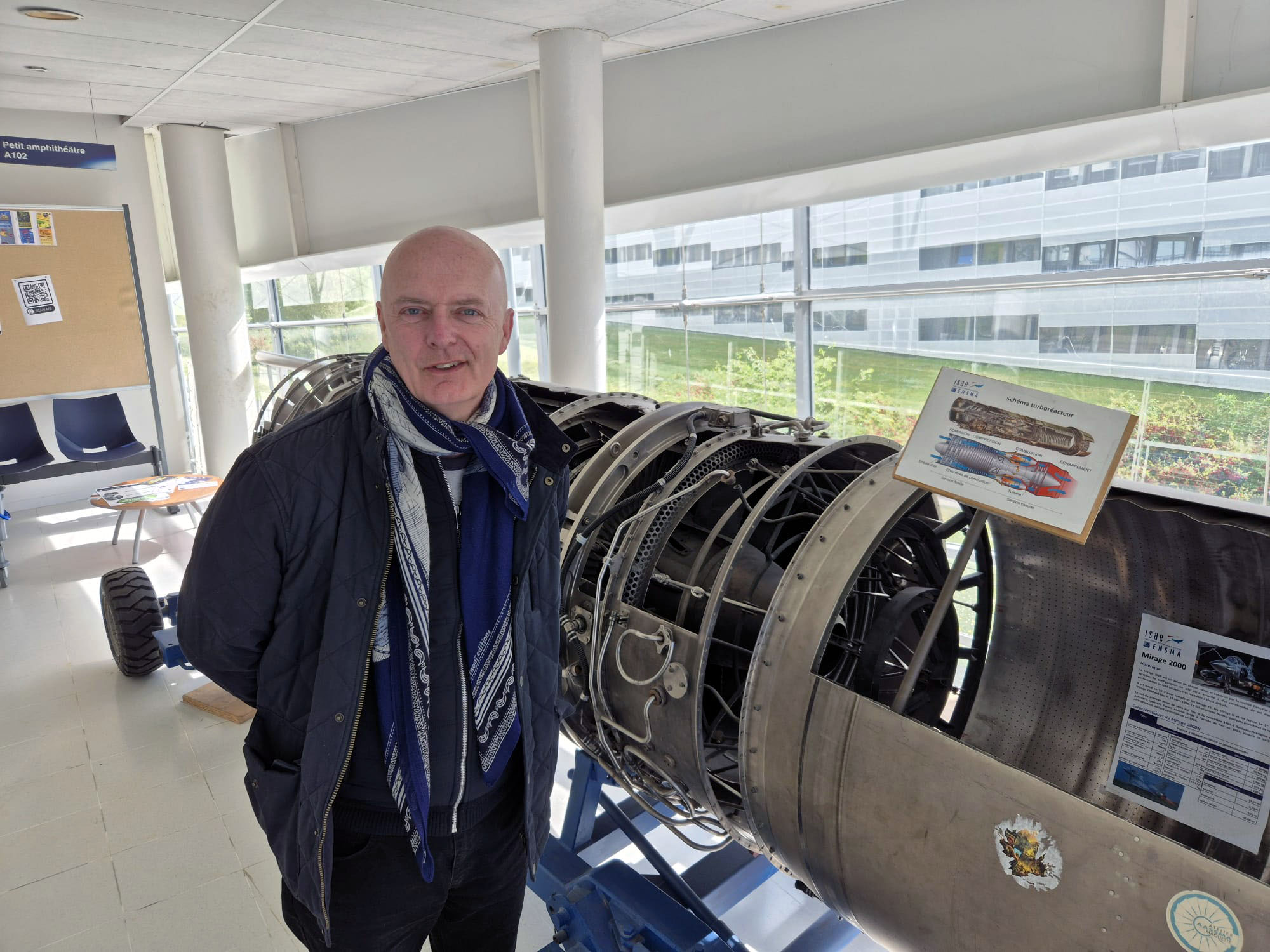
A professor at the University of Oxford, Roger Reed is a world-renowned expert in materials science, particularly the metallurgy and mechanical engineering of high-temperature alloys. He is well known for his research on nickel-based superalloys, which are essential for the manufacture and design of structures in many aeronautics and space applications. He is collaborating with French laboratories (and particularly ENSMA in Poitiers) on the question of the impact of corrosion on damage accumulation in these superalloys – a question with crucial application issues in terms of air safety and availability in service. He has been a member of the UK’s Royal Academy of Engineering since 2017, and has held a Royal Academy of Engineering Research Chair there since 2023. He is particularly well known for his promotion of collaborations between academia and industry. He is a passionate believer in science and engineering, and in particular its capacity to cultivate relationships between peoples and societies across the globe.
Yukari Takamura, law, Japan
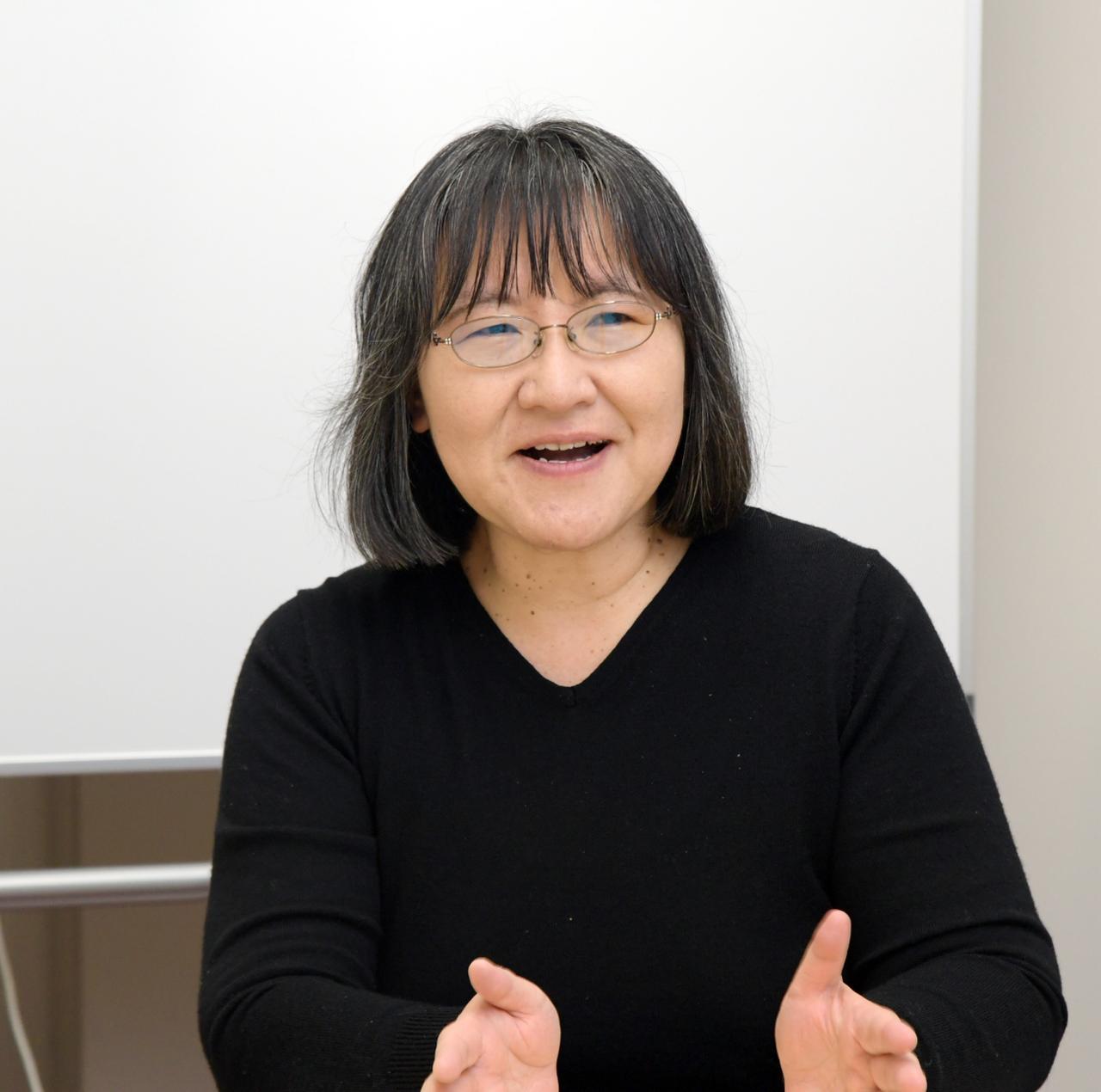
Yukari Takamura is a Professor at the Institute for Future Initiatives at the University of Tokyo. Her research focuses on international and environmental law and more specifically on legal and governance issues relating to multilateral environmental agreements as well as climate, energy and biodiversity laws and policies. She received the Minister of the Environment's Environmental Conservation Merit Award in 2018. She is a member of the Board of Directors of the Japanese Society for Environmental Economics and Policy Studies and of the Board of Executive Directors of the Japanese Society for Environmental Law and Policy Studies. Ms Takamura serves as member of governmental advisory bodies, including the Central Environmental Council of which she is President and the Tokyo Metropolitan Government's Environment Council. She is also a member of the Sustainability Standards Board of Japan (SSBJ) and the Asian Development Bank's (ADB) Advisory Group on Climate Change and Sustainable Development. From 2020 to 2023 she was vice-president of the Science Council of Japan (SCJ).
Mark E. Tuckerman, chemistry, United States
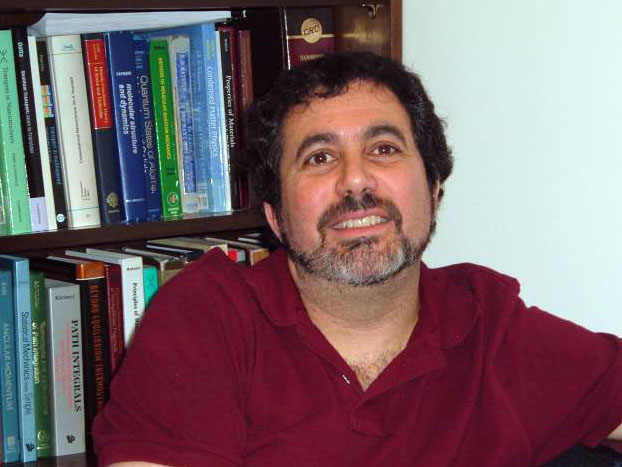
Mark E. Tuckerman is a Professor of Chemistry and Mathematics at New York University. His research covers multiple aspects of theoretical chemistry, ranging from molecular dynamics to ab initio molecular dynamics simulations, statistical mechanics and crystal structure prediction. His research focuses include the quantum effects of confinement, the conductivity of hydroxide ions in fuel cell membranes and the development of new multi-step algorithms that overcome resonance phenomena. Mr Tuckerman has authored nearly 200 publications and received numerous awards, including the Einstein Foundation Berlin's 2024 'Einstein Fellowship Award' and the Dreyfus Foundation's 2022 'Machine Learning in Chemical Sciences and Engineering Award'. He will be hosted in France at Professor Rodolphe Vuilleumier's Laboratoire du Chimie physique et chimie du vivant (CNRS/ENS - PSL/Sorbonne University).
Vincenzo Vitelli, physics, United States
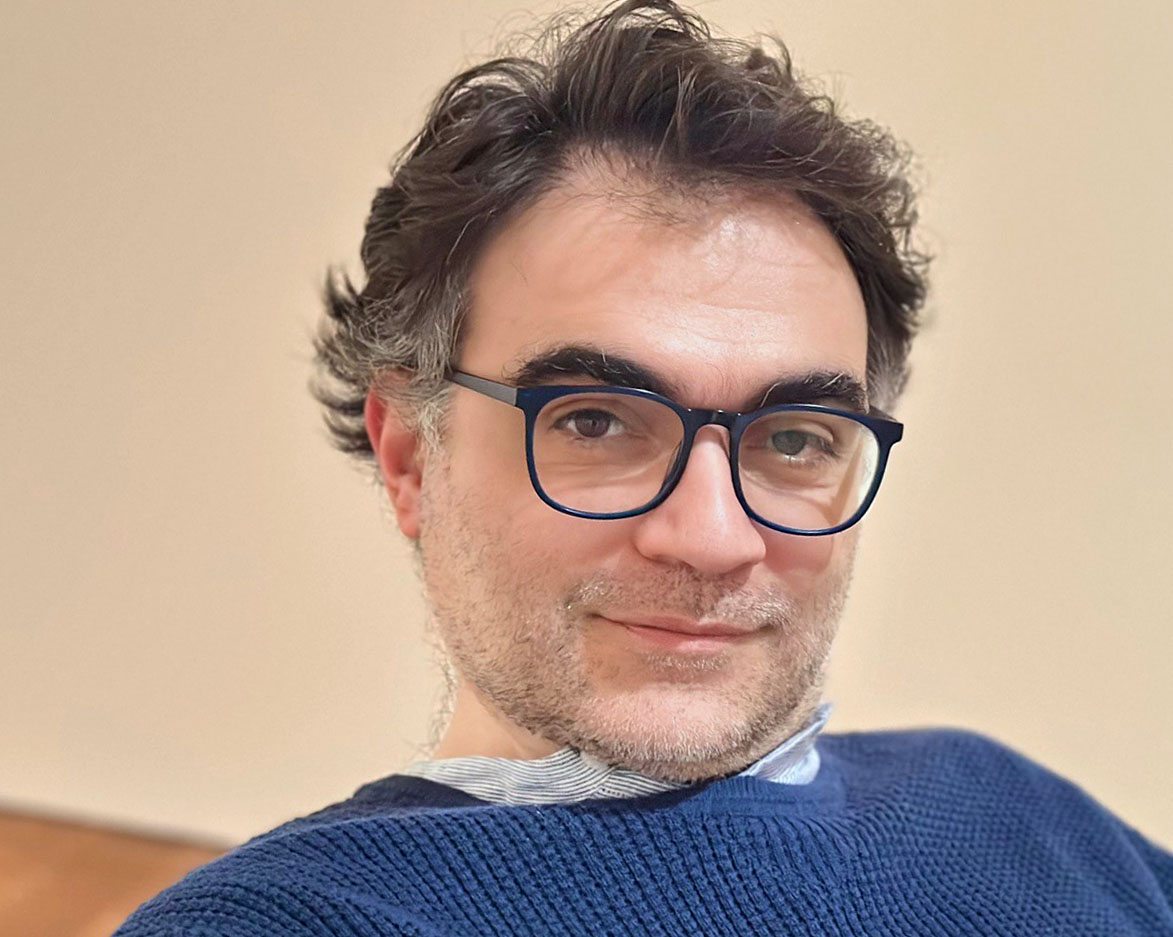
Vincenzo Vitelli is an internationally renowned theoretical physicist from the University of Chicago who works on statistical physics, soft matter and active matter. His research focuses on subjects at the interface between physical science, engineering and mathematics. Mr Vitelli takes a particularly interest in the use of sophisticated mathematical models to explain or suggest experiments. He has thus obtained important results in fields as diverse as metamaterials, information physics, liquid crystals, spin glasses and biophysics. His recent work includes studies on innovative materials, the hydrodynamics of complex matter, non-equilibrium systems and the mathematical modelling of biological systems and is of great interest to the French soft matter and active matter community. In 2024, he notably gave one of the prestigious Niels Bohr Lectures at the Niels Bohr Institute in Copenhagen and is also a Kavli Frontiers of Science Fellow and a Fellow of the American Physical Society.
Yifang Wang, particle physics, China
Yifang Wang is considered to be one of China's most prominent scientists for his outstanding contributions to particle physics. He is a professor at the Institute of High Energy Physics (IHEP) in Beijing, which he directed between 2011 and 2024. In particular, he proposed and designed the Daya Bay neutrino oscillation experiment in China, which measured for the first time in 2012 a fundamental parameter of neutrino physics – the mixing angle θ13. This parameter gives the probability of an electron neutrino oscillating towards a neutrino of another flavour. Today he leads of the JUNO experiment, which extends the Daya Bay experiment on a much larger scale and with a greater precision. For this experiment, to which CNRS contributes, he has developed innovative photomultipliers to detect the very weak light signals produced by the rare interactions between neutrinos and JUNO. Winner of numerous national and international prizes (including the Fundamental Physics Breakthrough Award 2016), he is a member of the Chinese Academy of Sciences and, in April 2024, was admitted as an international member of the US Academy of Sciences.
